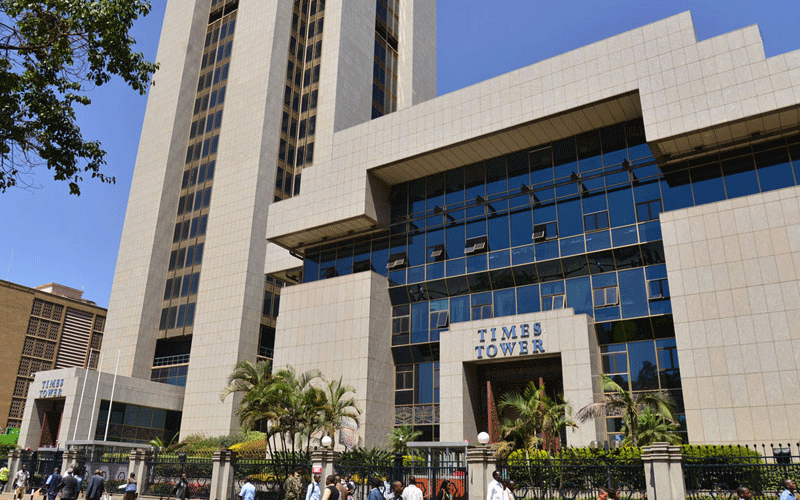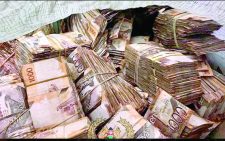Spare Kenyans pain of inflation adjustment

In less than a week, the price of some goods is set to increase, as Kenya Revenue Authority (KRA) moves to implement inflation adjustment on specific rates of excise duty, beginning 1st of October.
Some of these products include chocolate, bottled water, fruit juice, alcohol and cigarettes, among others.
Inflation adjustment on specific rates of excisable goods was introduced by the Excise Tax Act 2015.
It empowers KRA’s Commissioner General to adjust specific rates based on the previous year’s average inflation rate.
At a time when Kenyans are struggling to make ends meet and businesses continue grappling with shocks arising from the pandemic, the proposed inflation adjustment could not have come at a worse period.
Let us take an example of the manufacturing sector, whose contribution to the Gross Domestic Product (GDP) stood at 7.6 per cent in 2020, against the targeted 15 per cent under the current Government’s Big Four Agenda. The proposed annual inflation adjustment will further aggravate this dire situation.
Additionally, the pandemic continues to have long-running ramifications on economies, businesses and households.
According to the Kenya National Bureau of Statistics (KNBS) Economic Survey 2021, activities in the manufacturing sector slowed down last year, mainly due to the impact of Covid-19.
The sector’s real Gross Value Added is estimated to have contracted by 0.1 per cent in 2020, compared to a 2.5 per cent growth in 2019.
Another reason why inflation adjustment needs to be halted, is that the main markets for excisable goods (aviation, hospitality and tourism) were the most adversely impacted by the pandemic, and may take a while to recover.
From the Economic Survey 2021, air transport and accommodation and food services contracted by -52.7 per cent and -47.7 per cent, respectively in 2020.
This is attributed to measures put in place to mitigate the spread of the virus, which led to a sharp decline in excise tax revenue.
Sh10.9 billion was collected on May 2020, compared to Sh19.9 billion in May 2019.
As such, an increase excise tax revenue can only be achieved if the hospitality and aviation industries fully recover.
Over the years, the annual inflation adjustment has not necessarily yielded increased tax revenues.
For instance, excise tax payments for cigarettes declined by 12 per cent in 2020 despite the implementation of the 4.94 cent annual inflation adjustment.
This proves that increasing excise tax has reached its limit, and can no longer yield additional revenue for government.
Tax policies that make locally made excisable good a lot more expensive than imports open up room for illicit trade to thrive.
Consumers will be forced to opt for cheaper products, which may be illicit or counterfeits.
The annual inflation adjustment undermines the viability of both existing and future investments.
Annual inflation adjustment will also discourage potential investors from venturing into the excisable goods segment of manufacturing, because of the numerous tax obligations.
This is an undesired outcome, because Kenya is a capital deficient economy requiring domestic and foreign investments.
The rate of inflation increased from 6.44 per cent in July 2021 to 6.57 per cent in August 2021.
This was mainly driven by increased prices of food and non-alcoholic beverages (10.67 per cent); transport (7.93per cent); and housing, water, electricity, gas, and other fuels (5.07per cent).
All these will be adversely impacted by the inflation adjustment of the affected goods. As such the prices of goods can only be expected to further increase.
Pump prices have reached historically high levels. Inflation adjustment on specific rates of duty shall frustrate efforts towards speedy recovery and resilience of the affected manufacturers.
It will also work against the intended post-Covid-19 economic recovery. We, therefore, call for a moratorium on the implementation of the inflation adjustment. —The writer is the CEO of Kenya Association of Manufacturers —ceo@kam.co.ke












